Africa is a continent rich in history, culture, and leadership. Numerous African leaders have emerged throughout the years and left their indelible mark on the continent and the world. These leaders have been visionaries, revolutionaries, activists, and more, who have shaped the destiny of their nations and influenced the course of history.
In this article, we will be exploring the top 10 most influential African leaders who have left a lasting legacy and impact on their countries, Africa, and the world.
These leaders have inspired and continue to inspire generations of Africans, and their achievements serve as a beacon of hope and motivation for the continent’s future. So, join us on this journey as we celebrate the lives and accomplishments of Africa’s most influential leaders.
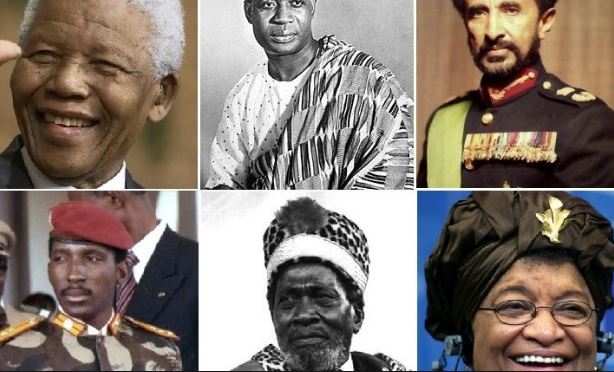
The Impact of African Leaders on History
African leaders have played a crucial role in shaping the continent’s history and the world. From the era of colonialism to the struggle for independence and to the present-day challenges of development, democracy, and peace, African leaders have been at the forefront of the continent’s transformation.
The importance of African leaders in history can be seen in various ways:
Anti-Colonial Struggle
African leaders led the fight against colonialism and imperialism in the 20th century. They mobilized their people, organized resistance, and challenged the legitimacy of foreign rule.
Read: The Independence Movements and Decolonization of Africa
Leaders such as Kwame Nkrumah of Ghana, Jomo Kenyatta of Kenya, and Patrice Lumumba of Congo, among others, became symbols of African nationalism and liberation.
Nation-Building
African leaders played a key role in building their countries after independence. They had to deal with the challenges of nation-building, such as creating a national identity, establishing institutions, and promoting economic and social development.
Read: The Revolutionary Emergence of Modern Nation-States in Africa
Leaders such as Julius Nyerere of Tanzania, Haile Selassie of Ethiopia, and Kenneth Kaunda of Zambia, among others, initiated programs that aimed to transform their countries.
Pan-Africanism
African leaders also championed the cause of Pan-Africanism, which aimed to unite the continent and promote African unity and solidarity. Kwame Nkrumah, Haile Selassie, and Gamal Abdel Nasser of Egypt, among others, worked towards a united and prosperous Africa.
Human Rights and Democracy
African leaders have been at the forefront of the struggle for human rights and democracy. They have challenged authoritarianism, corruption, and abuse of power. These leaders promoted the principles of freedom, justice, and equality.
For example, Nelson Mandela of South Africa, Ellen Johnson Sirleaf of Liberia, and Abdoulaye Wade of Senegal, among others, have been key players in the fight for democratic governance and human rights.
We Design & Develop Websites, Android & iOS Apps
Looking to transform your digital presence? We specialize in creating stunning websites and powerful mobile apps for Android and iOS. Let us bring your vision to life with innovative, tailored solutions!
Get Started TodayInternational Relations
Many African leaders have also played a key role in shaping the continent’s international relations. They represented Africa in regional and global forums and agitated for Africa’s interests worldwide. Leaders such as Robert Mugabe of Zimbabwe, Thabo Mbeki of South Africa, and Olusegun Obasanjo of Nigeria, among others, have played significant roles in African diplomacy.
Overall, the importance of African leaders in history cannot be overemphasized. They have led the continent through various challenges and have left a lasting impact on Africa and the world.
Additionally, African leaders continue to be essential actors in the continent’s development and progress. Their legacies continue to inspire future generations of African leaders. Below are some of the top 10 most influential African leaders.
Nelson Mandela – South Africa
Nelson Mandela is widely regarded as one of the most influential leaders in Africa and the world. He was a central figure in the fight against apartheid in South Africa and spent 27 years in prison before he was released in 1990. He later became the first black president of South Africa in 1994 and played a key role in promoting reconciliation and peace in the country.
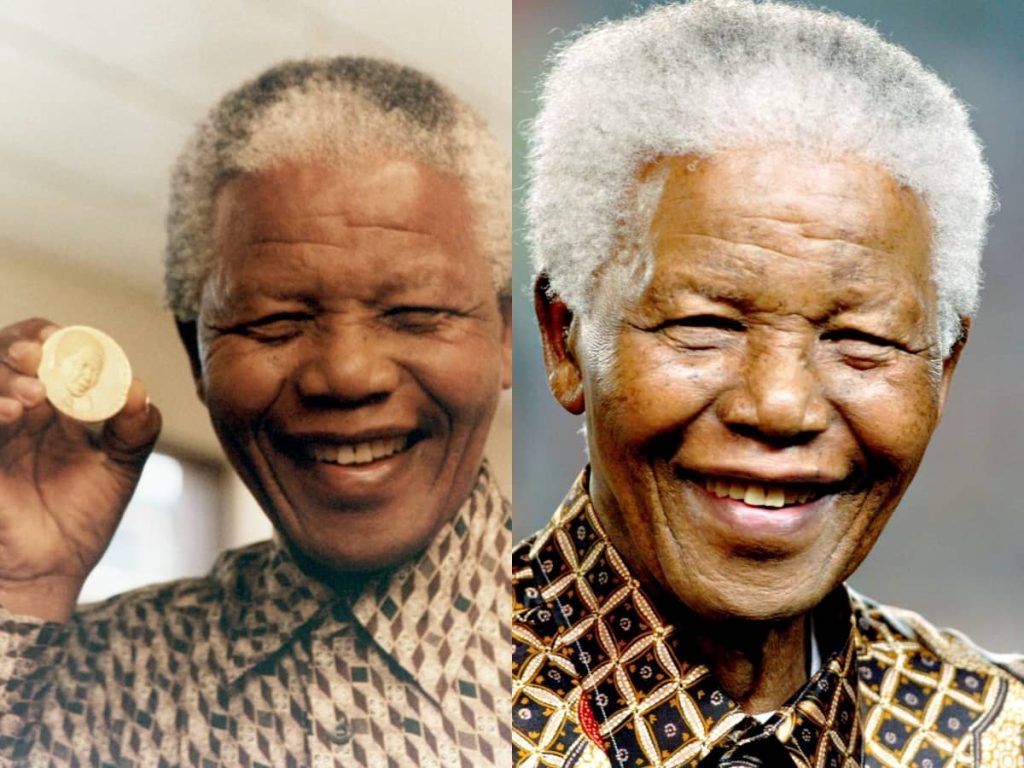
Biography
Nelson Mandela was born on July 18, 1918, in the village of Mvezo in the Eastern Cape of South Africa. He was the son of a local chief and was educated at the University of Fort Hare, where he became involved in political activism. Mandela joined the African National Congress (ANC) in 1944 and became a leading figure in the struggle against apartheid.
In 1962, Mandela was arrested and charged with sabotage and conspiracy to overthrow the government. He was sentenced to life imprisonment and spent the next 27 years in prison, most of it on Robben Island. During his time in prison, Mandela became a symbol of the anti-apartheid movement, and his release became a rallying cry for activists worldwide.
After his release in 1990, Mandela became a key figure in the negotiations to end apartheid and establish a new democratic government in South Africa. He was elected as the first black president of South Africa in 1994 and served one term in office.
Read: What Happened During Apartheid in South Africa?
Legacy
Mandela’s legacy is immense. He is widely regarded as a symbol of the anti-apartheid movement, and his leadership and activism inspired people around the world to fight for social justice and human rights.
Furthermore, Mandela’s commitment to reconciliation and peace in South Africa helped to prevent a bloody civil war and establish a new democratic government in the country. He continues to be a symbol of hope and inspiration for people worldwide fighting for democracy and human rights.
Mandela’s legacy also extends to his work promoting social justice and economic development in South Africa.
His commitment to education, healthcare, and housing helped to improve the lives of millions of South Africans and continues to inspire efforts to promote development and social justice in the country.
Nelson Mandela died on 5th December 2013.
Kwame Nkrumah – Ghana
Nkrumah was the first president of Ghana and a key figure in the fight against colonialism in Africa. He championed Pan-Africanism and was a strong advocate for African unity and self-reliance.
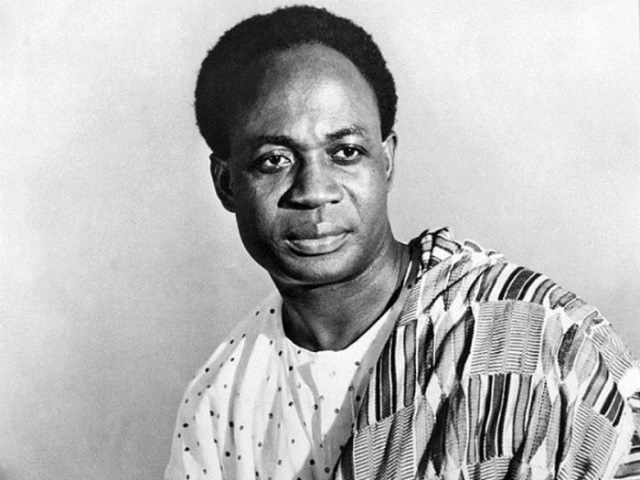
Nkrumah’s legacy is still felt in Ghana and across the continent.
Jomo Kenyatta – Kenya
Kenyatta was the first president of Kenya and a leading figure in the struggle for independence in East Africa. He played a key role in establishing the country’s institutions and promoting economic development.
We Design & Develop Websites, Android & iOS Apps
Looking to transform your digital presence? We specialize in creating stunning websites and powerful mobile apps for Android and iOS. Let us bring your vision to life with innovative, tailored solutions!
Get Started TodayHe was the nation’s first indigenous president and was crucial in transforming Kenya from a British Empire colony to an independent republic. Notwithstanding his denials, he was found guilty of leading the Mau Mau insurrection in 1953 and given a seven-year prison sentence. He negotiated the constitutional provisions that led to Kenya’s independence in 1962.
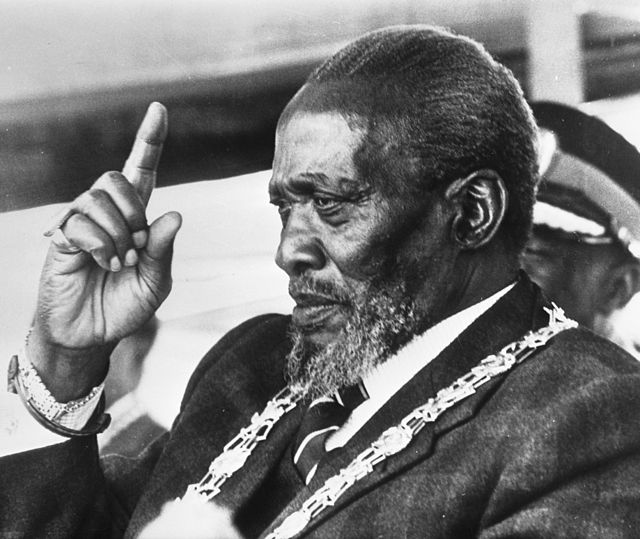
Kenyatta oversaw a powerful central government as its head, refused attempts to nationalize property, and turned Kenya into one of the most stable and prosperous African nations.
Patrice Lumumba – Democratic Republic of Congo
Lumumba was the first prime minister of the Democratic Republic of Congo and a key figure in the fight against colonialism. He championed African nationalism and unity and was a vocal critic of imperialism. Unfortunately, he was assassinated in 1961, but his legacy continues to inspire generations of Africans.
Haile Selassie – Ethiopia
Selassie was the emperor of Ethiopia and a key figure in African politics during the 20th century. He played a key role in promoting Pan-Africanism and was a strong advocate for African unity and independence.
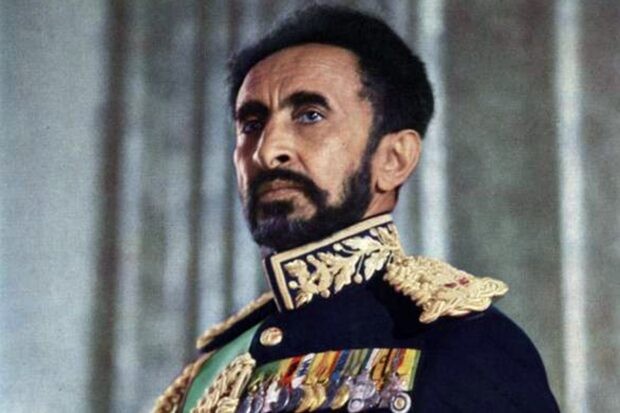
In 1963, Haile Selassie was crucial in the formation of the Organization of African Unity. The Rastafarian movement considered Haile Selassie the messiah of all Black people.
Julius Nyerere – Tanzania
Nyerere was the first president of Tanzania and a key figure in the struggle for independence in East Africa. He championed African socialism and was a vocal advocate for African unity and self-reliance.
Ellen Johnson Sirleaf – Liberia
Sirleaf was the first female president in Africa and played a key role in rebuilding Liberia after years of civil war. She advocated for women’s rights and was awarded the Nobel Peace Prize in 2011 for her role in promoting peace and democracy in Liberia.
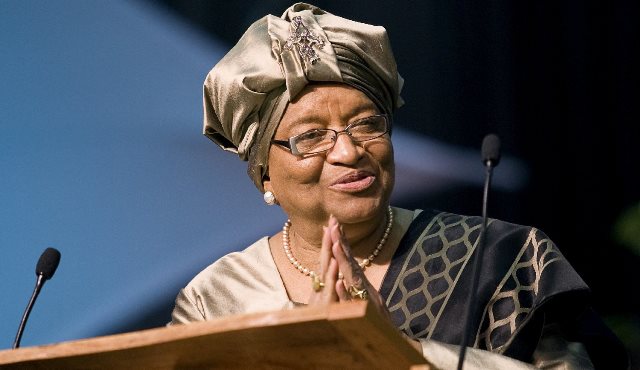
Jerry Rawlings – Ghana
Rawlings was a former president of Ghana and a key figure in Ghanaian politics for over two decades. He played a key role in promoting economic development and was a strong advocate for democratic governance in the country.
Sankara was a charismatic leader who led Burkina Faso from 1983 until his assassination in 1987. He championed African socialism and strongly advocated economic and social development in his country.
Read: Who Is Thomas Sankara? 15 Interesting Facts You Never Knew
We Design & Develop Websites, Android & iOS Apps
Looking to transform your digital presence? We specialize in creating stunning websites and powerful mobile apps for Android and iOS. Let us bring your vision to life with innovative, tailored solutions!
Get Started TodayOlusegun Obasanjo – Nigeria
Obasanjo is a former president of Nigeria and a key figure in African politics.
He served as the president of Nigeria from 1999 to 2007 and played a key role in promoting economic development, democracy, and peace in the country and the African continent.
Obasanjo’s achievements as president of Nigeria are numerous and significant. He was key in promoting economic development and modernizing the country’s infrastructure.

He established the Economic and Financial Crimes Commission (EFCC) to combat corruption and promote good governance.
Obasanjo also played a key role in promoting peace and stability in Africa. He was a key figure in the negotiations to end the civil war in Liberia and establish a new democratic government in the country. The former African leader also played a key role in the talks to end the civil war in Sierra Leone.
He was also a key figure in promoting democracy in Africa. He helped establish the African Peer Review Mechanism, a voluntary tool for assessing governance and promoting good governance in African countries.
Before you go…
Hey, thank you for reading this blog to the end. I hope it was helpful. Let me tell you a little bit about Nicholas Idoko Technologies. We help businesses and companies build an online presence by developing web, mobile, desktop, and blockchain applications.
We also help aspiring software developers and programmers learn the skills they need to have a successful career. Take your first step to becoming a programming boss by joining our Learn To Code academy today!
Be sure to contact us if you need more information or have any questions! We are readily available
Put Your Tech Company on the Map!
Get featured on Nicholas Idoko’s Blog for just $200. Showcase your business, boost credibility, and reach a growing audience eager for tech solutions.
Publish Now










